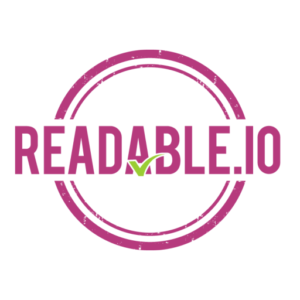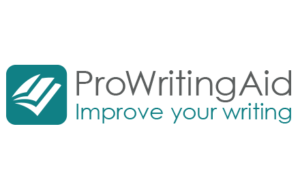Even if you only write an email, the ability to effectively communicate is essential once you enter the business world. Unfortunately, not everyone has good writing skills, no matter if you are a student writing a paper on a descriptive essay topic, or a business person crafting a business letter to your partner or competitor, and even those who do, need to bend those skills in order to fit the business style of writing.
10 Top Notch Tools to Improve Your Business Writing Skills
Just as the case with most things today, technology has come up with tools to make our writing lives easier. Here are some tools you can use to improve your business writing skills.
1. Grammarly :
Grammarly is a writing enhancement tool. Being familiar with Microsoft Word’s spelling and grammar check facility, most of us use this feature whenever we type in a document. However, Grammarly’s grammar checking capabilities take it beyond Microsoft Word finding more than 250 types of grammatical errors. Although a bit expensive, you only have to copy and paste your text to find out the errors.
2. Dragon Dictation :
In times when you have to do a lot of multi-tasking, this application makes your life easier. With this app, you do not have to type, you only have to speak and it types the text for you to see and send it anywhere. You can easily send business messages, emails or even personal notes.
3. Email Excellence :
It is often a challenge to send an effective email, one that the recipient would want to respond to. Email-excellence has a number of templates that you can choose from. You not only get most of your work done for you but also receive advice that you can use in creating future emails.
4. Gorgias Templates :
Often it is the case that you have to send similar emails to different people. Instead of typing the same message, again and again, you can use this tool to create templates for Gmail, Outlook or Yahoo. This is a Chrome extension that will make your life much easier and your email routine much faster and efficient.
5. Dictionary and Thesaurus :
With these tools, you can find synonyms, definitions, and sentences of almost any word in the language. When you notice repetition, you can use Thesaurus to find smarter words with similar meaning to make your style more versatile.
6. Readable.io
Making your text understandable is a key part of business writing. Your sentences should be brief and comprehensive. Readable is an online tool that you can use to test the readability of your text and improve it if necessary. It’s important to keep the reading level of your audience in mind.
7. ProWritingAid :
This online app/site is a great tool for you. Even professional business writers need help from time to time. This is an online editor that helps check your grammar, along with other features which include spelling and grammar checker, improving readability, finding overused words and plagiarism detector. Just paste your work into it and it will show you an analysis of your writing.
8. OneLook Reverse Dictionary and Thesaurus :
Unlike an ordinary dictionary in which you type the word and get a complete definition, in this dictionary, you can type in the concept of what you are thinking and it will give you a list of words so you can pick one which best describes your thought. Have you ever been stuck because you knew what you wanted to say but couldn’t think of the right word? If yes, then this will be a very helpful tool for you.
9. Freemind :
A mind-mapping tool that can create a visual representation of ideas. If you do analytical writing, for instance, writing a case study, then this is an invaluable tool for you! When your mind is firing ideas at you, you need a place to store them, otherwise, you often forget them. This tool will help you so much in the process.
10. Gmail Templates :
These templates are handy for you if you have a similar message to send to many people. However, be sure to proofread your messages as templates are a common area for typos. Your eyes become familiar with the text and it is difficult to spot an error.
Business writing can be stressful and fun. When you express yourself through powerful content, you are appealing to your reader and are building a strong business relationship. There are lots of other tools out there, but the ones mentioned above are some that you will always find useful.
Read Also :



























